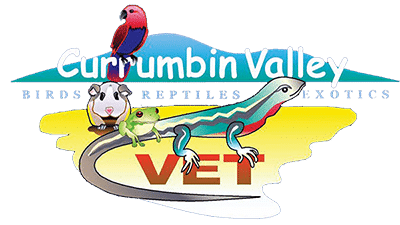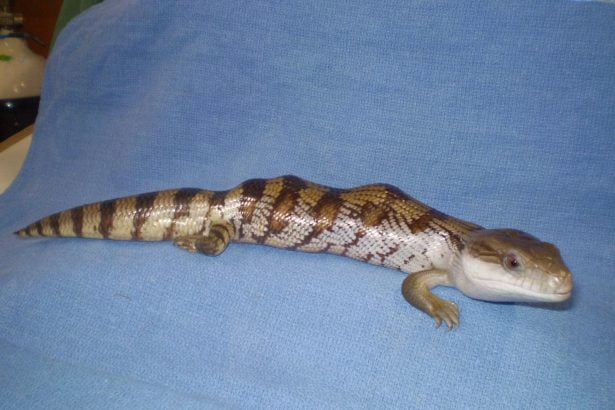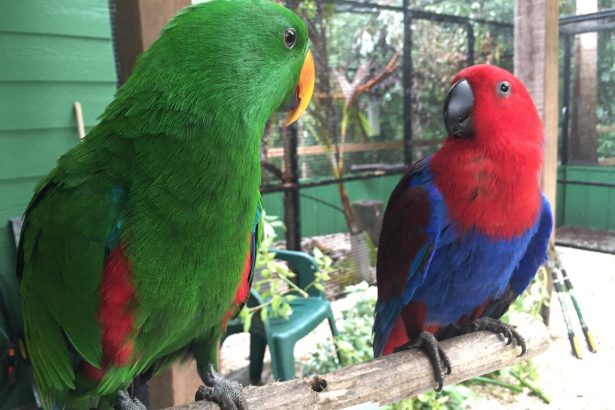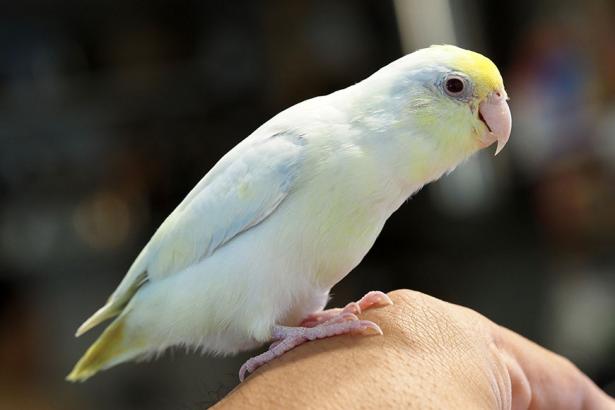Parrots are breathtakingly beautiful, fascinating, and capable of forming deep bonds with their carers. But behind the feathers and chatter lies a demanding, high-maintenance animal that can outlive most family pets – and sometimes, their owners too.
As exotic bird vets, we meet countless parrots whose owners weren’t prepared for the reality of parrot ownership. This guide is written for anyone considering bringing one of these intelligent, emotional birds into their life – and for those who may already have one and are struggling to meet its needs.
The Myth of the Low-Maintenance Bird
Parrots are often mistakenly thought of as low-effort pets. They’re marketed as colourful, playful, and easy to keep in a cage. But this couldn’t be further from the truth. Parrots are intensely social, highly intelligent, and require constant stimulation.
In the wild, they fly for kilometres each day, forage, groom, communicate, and interact within a flock. In captivity, those needs don’t disappear – they just become your responsibility.
A Lifetime of Care – And Then Some
One of the most overlooked aspects of parrot ownership is their longevity. Many species live for decades. African Greys can live 40-60 years. Macaws often make it past 50. Cockatoos can reach 70 years or more with proper care.
This means owning a parrot is not a 10-year responsibility. It’s potentially a multi-generational one. Unless you’re prepared to plan for long-term care, including legal provisions in your will, you may be setting the bird up for rehoming and trauma down the line.
Emotional Depth and Mental Health
Parrots are emotionally complex. They bond strongly with their humans, often selecting a “favourite person” and becoming distressed when that person is absent. Without adequate interaction, they can develop severe psychological issues:
- Feather plucking
- Screaming or aggression
- Self-mutilation
- Chronic anxiety
These behaviours aren’t minor quirks – they’re signs of profound stress. They often require the expertise of a holistic vet or exotic bird behaviourist to manage.
Diet Is Not Just Seed Mix
Another common mistake is assuming parrots can survive on a basic seed mix. While seeds may make up part of their diet, parrots need a rich variety of nutrients to stay healthy. Their diet should include:
- Fresh vegetables (especially dark leafy greens)
- Sprouted grains
- Some fruit (sparingly)
- Quality pellets formulated for their species
- Occasional nuts as enrichment
Poor diet can lead to obesity, liver disease, malnutrition, and shortened lifespans. A consultation with a vet with a holistic approach can help design a suitable feeding plan.
Cage ≠ Home
A cage should never be your parrot’s full-time environment. While it provides a safe space for sleep or downtime, parrots need some of out-of-cage time daily to fly, explore, and engage.
But letting them roam isn’t as simple as opening the door. A parrot-safe home requires thoughtful preparation. Ceiling fans must be switched off, windows and doors kept closed, and toxic houseplants removed. Electrical cords, candles, and non-stick cookware fumes all pose risks. Even everyday items like open water glasses, mirrors, or unclipped windows can lead to accidents.
Some owners choose to have their parrot’s wings clipped. While this can limit full flight, it does not remove the need for exercise and exploration. Clipped birds are more vulnerable to falls, so soft landings and safe perching areas are essential. They should never be left on high ledges or slippery surfaces where a fall could cause injury.
If wing clipping is performed, it should always be done by a qualified professional, such as an exotic bird vet. Poor technique can lead to pain, bleeding, or permanent damage. A proper clip reduces lift without affecting balance or causing harm, and it must be tailored to the bird’s size and species.
They also need:
- Regular environmental enrichment
- Rotating toys to prevent boredom
- Foraging opportunities
- Natural perches (not just dowel rods)
- UV exposure (supervised outdoor time or full-spectrum lighting)
A bird left in a small cage with nothing to do will not thrive. It will deteriorate physically and mentally. You, as their life companion, have a duty to make sure they live their absolute best life – period.
Noise, Mess, and Destruction
Let’s be honest – parrots are messy. They fling food, drop feathers, chew through wood, and love to explore anything not nailed down. And the noise? Many parrot species scream. Not chirp – scream. At sunrise. At sunset. When bored. When overstimulated.
Your neighbours will hear it. Your house will show it. If you’re someone who values a clean, quiet home, a parrot may not be the right fit.
Veterinary Care Is Complex – And Essential
Parrots require specialised veterinary care from an exotic bird vet familiar with their physiology and behaviours. Routine health checks, blood work, nail trims, beak assessments, and disease screenings should all be part of their ongoing care.
Issues like respiratory infections, fungal growths, psittacosis, and egg binding are all too common – and often go unnoticed until they become life-threatening.
A holistic vet care approach can also play a role in supporting your bird’s wellbeing, using environmental improvements, nutritional therapy, and stress management in addition to conventional treatment.
Rehoming Trauma and Attachment
Parrots don’t just adapt to new homes like cats or dogs. They grieve. Many parrots develop trauma after being rehomed – even if it’s done with the best intentions. A parrot that’s lost its person may:
- Refuse to eat
- Display aggression or withdrawal
- Show signs of depression or stress
Rehoming is emotionally damaging to a bonded bird. This is why we urge anyone considering a parrot to think long-term – not just whether they can care for it now, but whether they’ll be able to do so for decades to come.
Better Alternatives for Bird Lovers
If you love birds but can’t meet the high bar of parrot ownership, there are alternatives that may suit your lifestyle better, such as volunteering at a bird rescue or sanctuary, or supporting avian conservation efforts.
You can love parrots and still choose not to own one. In many cases, that’s the most compassionate choice you can make.
Final Thoughts – Love Isn’t Always Enough
The truth is, parrots aren’t terrible pets because of who they are – they’re terrible pets for the wrong homes. These birds are intelligent, emotional, social beings who deserve more than most people can realistically give.
Before bringing one into your life, ask yourself:
- Am I home enough to give daily attention and stimulation?
- Can I afford ongoing vet bills?
- Do I have a plan for the next 15-30 or even 70 years?
- Am I okay with noise, mess, and occasional destruction?
- What will happen to my bird if I can no longer care for it?
If you hesitate on any of those, take a step back. Visit a rescue, speak with an exotic bird vet, and consider whether your love of parrots is best expressed by observing and supporting them, rather than owning them.
FAQs
No parrot is truly beginner-friendly. However, smaller species like budgies or green-cheeked conures may be more manageable for experienced bird lovers ready to commit.
Yes. Parrots can learn tricks, vocal cues, and even basic problem-solving, but training requires consistency, patience, and positive reinforcement.
Offer a rotating selection of foraging toys, puzzles, social interaction, training exercises, and safe supervised time outside the cage.





